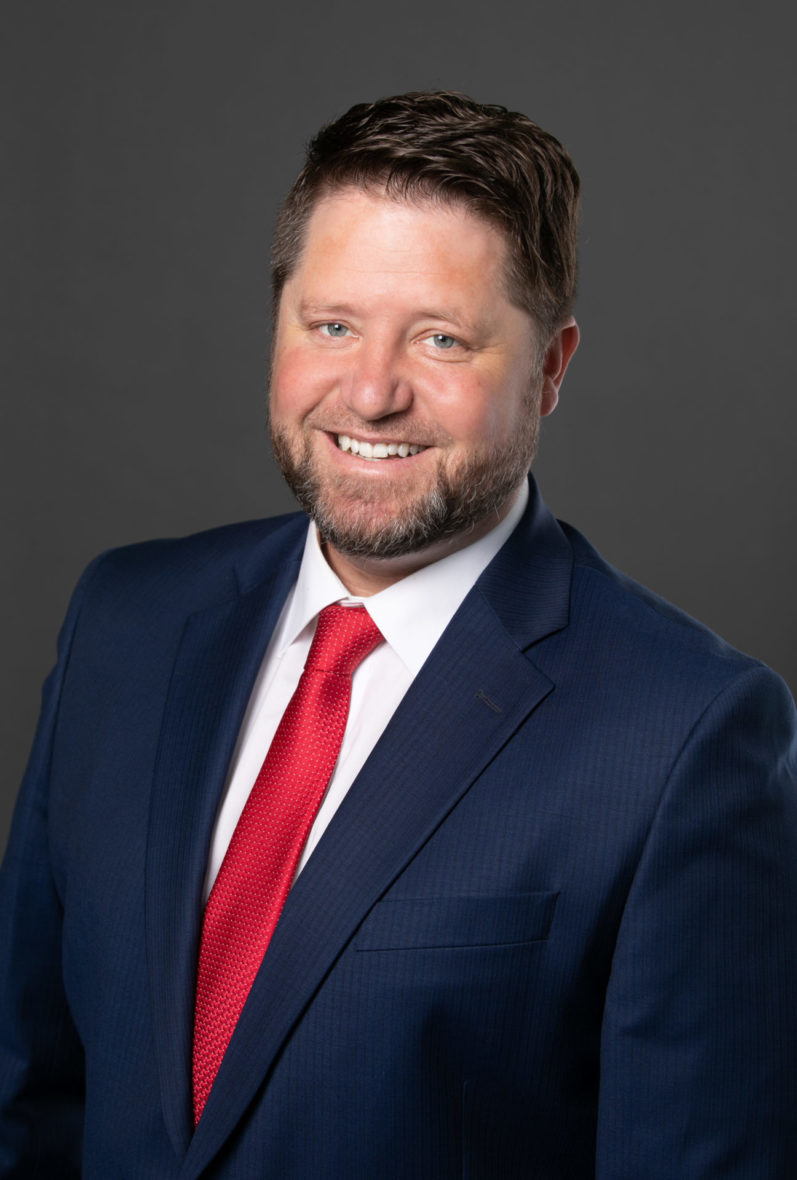The state could be looking at a $537 million budget surplus.
In theory, anyway.
But no matter. There’s nothing legislators and lobbyists love to do more than grapple over extra money. And there will be ample money to launch a debate about competing priorities — such as, say, teacher pay raises vs. tax cuts.
As if the 2021 legislative session wasn’t going to be enough of a show — what with lawmakers talking about a laundry list of bills to assert their authority during a crisis, while reining in the governor and local health districts. Let’s throw in a fight over money.
Of course, no one knows how much money there is to fight for.
For sure, the state has a better-than-expected cash balance of $186.3 million (not counting the nearly $600 million the state has secreted away in various budget reserves). Budget cuts and cost savings contribute heavily to that rosy surplus forecast.
The big question mark is tax collections — how much money the state takes in, month to month.
Despite the pandemic, things are looking surprisingly rosy. Sales taxes, income taxes and corporate taxes are all coming in ahead of projections.

“Revenue is coming in stronger even than we expected prior to the pandemic,” said Alex Adams, the head of Gov. Brad Little’s budget-writing Division of Financial Management.
But things can change quickly, and certainly before the 2021 Legislature convenes in early January. And Idaho’s two crucial tax collection months come in the spring — when thousands of Idahoans file their income tax returns and (let’s just hope) lawmakers have finished their work for the year.
That’s why Little isn’t spending any of this surplus yet, Adams said. “We need a bit more runway behind us.”
But let’s not be naïve here. There is plenty of pent-up desire in the Legislature for a tax cut. And there are plenty of people who will be pushing the Legislature to make good on an ongoing promise to give teachers another round of raises.
While Little and Republican legislative leaders all said they wanted to cut taxes, the 2020 session somehow came and went without a compromise. Don’t think the Legislature’s tax hawks have forgotten this. And even though one-time money and one-time savings account for the vast majority of this projected surplus, some lawmakers will have no qualms about putting it toward a permanent tax cut. The basic wager — which some legislators have been willing to make in the past — is that a tax cut will eventually spur economic growth that fills the temporary gap in the budget.
In the same vein, teacher pay raises represent a long-term spending commitment, not a one-shot deal. It takes ongoing money, not just one-time savings and cash balances, to fund raises.
But there’s also a lot of political momentum behind teacher pay raises. Before the pandemic hit Idaho, the 2020 Legislature overwhelmingly passed K-12 budget bills that included money for pay raises.
Then the pandemic hit Idaho, and Little cut $99 million from those budget bills, including $26.6 million for another round of pay raises. Last month, Little decided to siphon $99 million from the federal Coronavirus Aid, Recovery and Economic Security Act into K-12. It’s a dollar-for-dollar replacement, but the feds’ money is supposed to cover pandemic-related expenses, so it won’t automatically go back into teacher pay.
Based on tax collections since July 1, the Idaho Education Association says its message is unchanged: The state needs to put $99 million of its own money back into K-12, so it can honor its commitment to pay raises.

“The money’s definitely there,” IEA President Layne McInelly said this week.
Whether that pans out come January, this could still be a heated issue. Teachers, concerned for their health, are publicly pushing back against school reopening efforts, particularly in the West Ada district. If that continues, don’t be surprised if legislators bring it up when debating teacher pay.
The potential for political fireworks aside, state Rep. Wendy Horman has a long list of nuts-and-bolts budgeting questions.
The Idaho Falls Republican, a vice chair of the budget-writing Joint Finance-Appropriations Committee, wants to better understand how the flood of CARES Act money flowed into state government, and how K-12 and state agencies spent it. She wants to take a hard look at a $186 million opening cash balance that far exceeds the normal $40 million to $60 million. She expects lawmakers to have definite ideas about how to spend these better-than-expected tax collections. And she expects a discussion about Little’s budget cuts — and whether the state should simply give $99 million back to K-12 and $96.5 million back to state agencies, to spend as lawmakers intended in the first place.
Watching and waiting, for now, is Little.
He will start the legislative session by releasing his budget proposal and his plan for the surplus. As Little’s main budget-writer, Adams will have his fingerprints on that proposal. And while he doesn’t want to get out ahead of the governor, he said pay raises will be part of the equation.
“The governor’s obviously been a champion for teachers, and I think you will see that continue.”
Last week, Little hinted at taking an all-of-the-above approach to the surplus — provided it materializes. He hopes to provide tax cuts, put some more money into schools, and invest in transportation and water projects.
Something for everyone, and perhaps something for everyone to dislike.
Sound familiar? For the past seven months, Little hasn’t pleased many people. Some critics say Little has taken a tepid approach to a public health crisis — stopping short of imposing a mask mandate to control the spread of the coronavirus. Other critics, within Little’s own Republican Party, accuse the governor of pushing a heavy-handed response without regard for personal freedom or economic damage.
Now Little has something else on his hands that no one could have anticipated: an unexpected windfall. That’s good news this time. But that doesn’t mean everyone will come away happy.
Each week, Kevin Richert writes an analysis on education policy and education politics. Look for it every Thursday.

